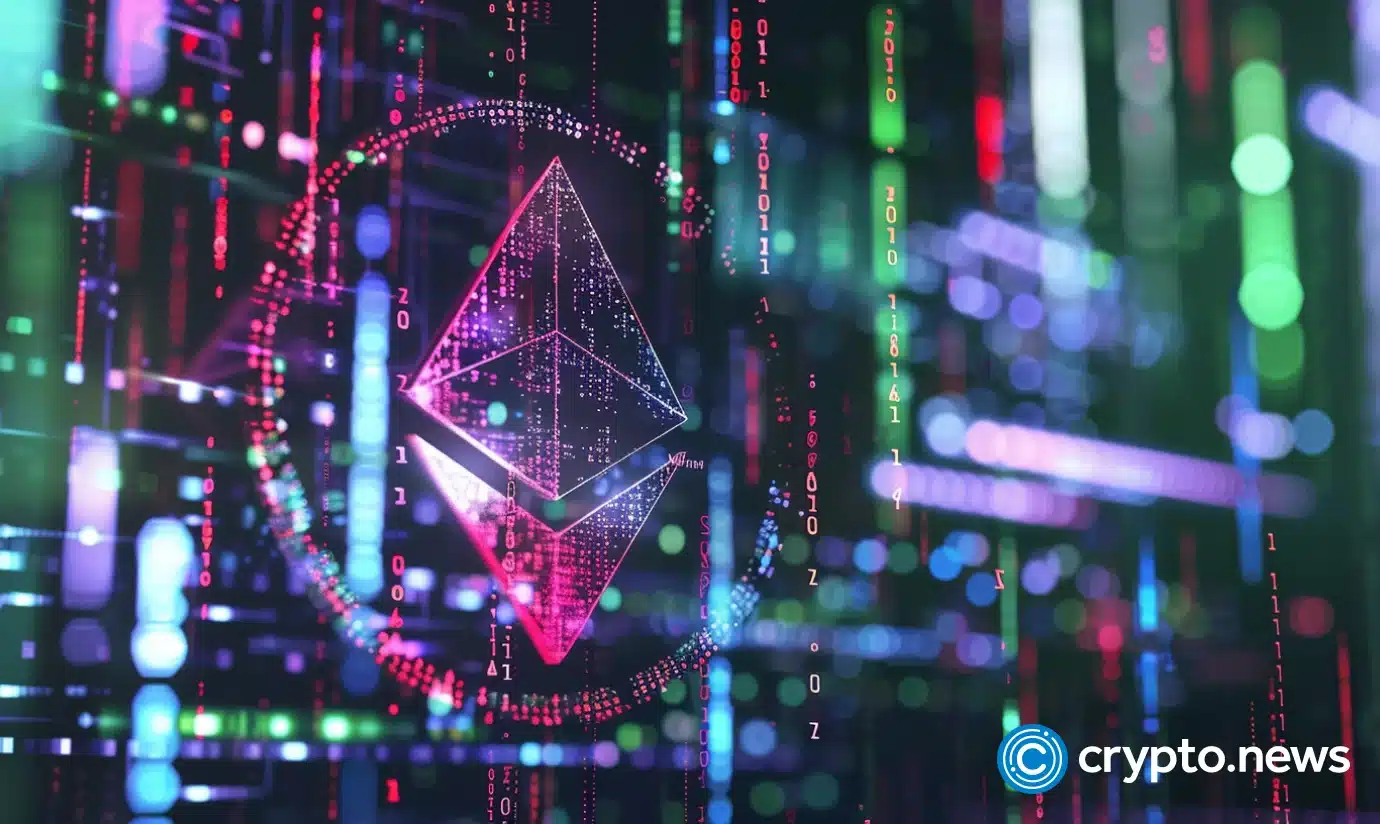At the Token2049 conference, the Ethereum chain’s current challenges were a topic of debate among blockchain experts.
During a panel discussion at the Token2049 conference in Dubai, experts in the blockchain industry delved into the latest advancements and growth prospects. The discourse also veered towards the Ethereum blockchain, renowned as the leading smart contract platform. The panelists highlighted Ethereum’s scalability issues, attributed to its low transaction throughput, resulting in elevated gas fees and network congestion. To address these limitations, new blockchains are being developed with enhanced scalability through accelerated transaction speeds.
Acknowledging Ethereum’s pioneering status and strong brand recognition, experts noted the growing interest among developers in furthering Ethereum’s capabilities. Despite this, there are contrasting views suggesting that various layer 1 alternatives might be better suited for diverse use cases than Ethereum in its current state.
Raj Gokal, the co-founder of Solana, pointed out that developers and a majority of Ethereum users possess Solana wallets. He also highlighted Solana’s surpassing transaction volume growth compared to Ethereum.
Emin Gun Sirer, the founder and CEO of Ava Labs, emphasized that the Avalanche blockchain was not positioned as an ‘Ethereum killer.’ He underscored Ethereum’s strengths in enabling the creation of blockchains based on developers’ preferences.
In a statement, Raj Gokal of Solana remarked, “We’re doing well, but Ethereum is not.”
Similarly, Emin Gun Sirer of Ava Labs stated, “We allow other people to launch their own blockchains according to their own rules. This is something that Ethereum is just fundamentally incapable of.”
Keone Hon from Monad concluded that Ethereum must significantly enhance its performance to cater to hundreds of millions of users effectively.
Last November, Ethereum Co-Founder Vitalik Buterin unveiled plans to revamp the network, focusing on improving Ethereum (ETH) staking and addressing performance issues related to addresses, which have plagued the network in recent years.
For more updates, Follow Us on Google News.

